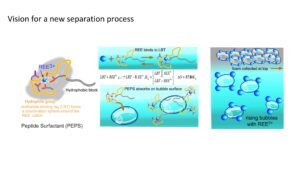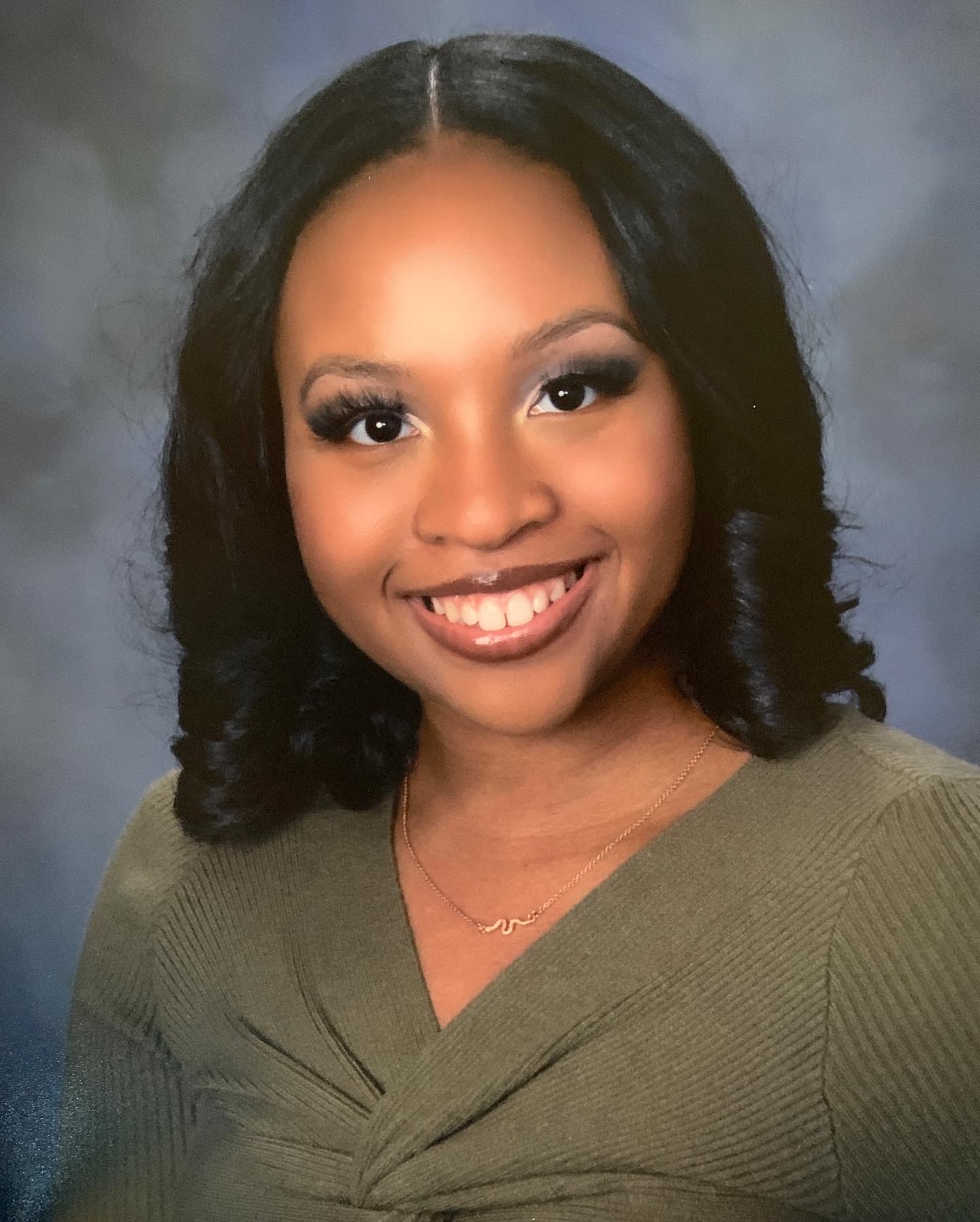Dr. Kathleen Stebe wants to create more environmentally safe ways to purify rare earth elements (REEs). She is a chemical engineer. Her research is in collaboration with faculty and doctoral students across the City College of New York (CCNY), the University of Illinois Chicago (UIC), The University of Pennsylvania, Northwestern University and the Argonne National Laboratory at the University of Chicago. Collectively, their research aims to find a better way to selectively separate REEs by providing a simpler, green alternative to the existing process, allowing for more efficient use of the elements.

Dr. Kathleen Stebe Courtesy of UPenn
The Department of Energy is funding this research for $3 million, disbursed over a three-year time frame. In the end, the impact of this research will be beneficial for both science and society.
The research will improve our general scientific understanding of peptides and the complexation of specific cations near air-water interfaces. Our vision is to use Peptide surfactants (PEPS) that have evolved in nature to selectively bind REEs. PEPS may provide a combination of strong binding and selectivity unattainable in current surfactant REE complexes.
Stebe is currently Goodwin Professor of Engineering and Applied Science at the University of Pennsylvania. She obtained all of her degrees from CCNY. She earned a B.A. in Economics in 1984 and she earned an M.S. in Engineering. She also obtained a Ph.D. in Chemical Engineering in 1989. She shifted her focus from economics to engineering because she was interested in modeling and began taking classes from the professor who became her thesis advisor, Charles Maldarelli.
Recovery of REEs, a grouping of chemically and structurally similar elements that are difficult to separate from one another, is the main focus of this collaborative research project. The elements are essential in modern industrial life. In fact, they are utilized in chemical processing, wastewater treatment and even in petroleum refining, which we are trying to move away from. Furthermore, they are key components in rapidly evolving green technologies including rechargeable batteries, wind turbines, solar panels and hybrid vehicles, which society is embracing.
We want to go clean; we want to use these and these elements in high purity differentiating them from one another, which is important for advanced industries including green technologies.
The current extraction process typically involves using a surfactant, a molecule that has a piece that attracts polar things and another piece that likes oily things. The polar-loving piece attracts the rare earth elements and the oil-loving part pulls them into an organic solvent. This process uses organic solvents, whose disposal can cause environmental hazards.
The issue is that current surfactants can’t tell one element from the other well. The REEs have very weak differences so the ability to separate them requires repeating the process many, many times to get high purity.
In the past few decades, REE production has flagged in the USA and has flourished in China.
Stebe and her team plan to develop an ion foam flotation method that utilizes PEPS. This will contribute to the rebuilding of the domestic supply chain. The first aim of the research will be to show that PEPS can bind REEs and adsorb at the air-water interface. The team will then work to make PEPS selective among different REEs. The idea is to make air bubbles that move through a PEPS solution. The PEPS will bind REE, adsorb on bubbles, and form REE-containing foams that can be skimmed from the top of the solution.

Slide Courtesy of Stebe
This green process uses naturally-derived surfactants and completely eliminates the need for an organic solvent in the separation. In addition to separating and purifying REEs extracted from mines, there is a tremendous opportunity to recover highly purified components from used electronic products.
Stebe’s expertise is in nanostructured materials and surface and colloidal science. This research is an exciting opportunity to use these talents to address an urgent societal need.

M’Niyah is a journalism major and psychology minor at CUNY Baruch College. In addition to writing for The RICC, she’s Managing Editor and contributor for Baruch’s award-winning Dollars & Sense Magazine. She writes for Baruch’s independent, student-run newspaper, The Ticker and has bylines in Daily Planet, a nonprofit news organization.